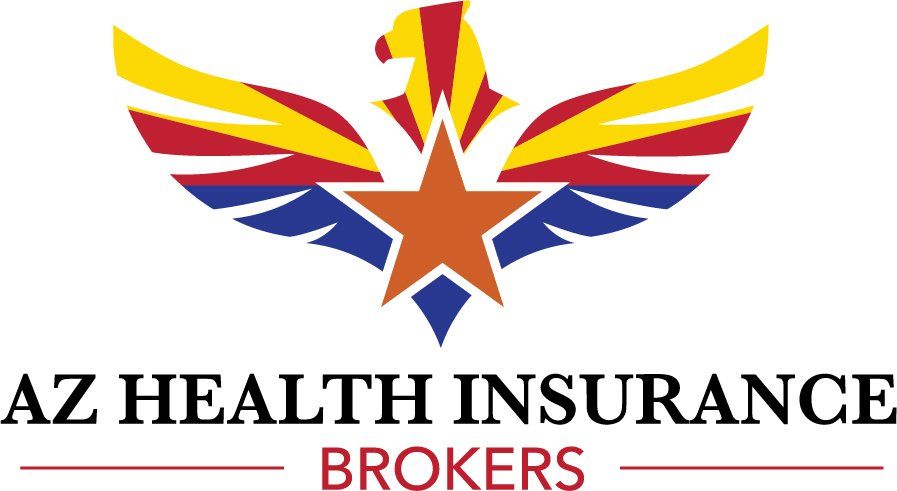3 Mistakes to Avoid When Buying Insurance
In the U.S., having health insurance is essential to avoid high out-of-pocket costs for medical treatment. According to the Kaiser Family Foundation, some reasons to get health insurance include:
- Uninsured patients are typically charged up to 4 times for hospital service, compared to what health insurers and public programs actually pay.
- One-third of uninsured adults are asked to pay for the full cost of medical care before they can see a doctor, which typically results in credit card charges, negotiating payment schedules and/or having to source cash to cover the charges. Otherwise, patients may be turned away if they can’t pay.
- Uninsured adults were more than 2 times as likely as those with insurance to have difficult paying medical bills.

Health insurance helps cover your medical costs and can cover preventive care that keeps you healthy. It also provides peace of mind that whatever medical expenses you have, you have a plan in place to support those payments.
Whether you currently have a health insurance plan in place for yourself through an individual plan and/or your loved ones through a family health insurance plan, or you’re new to purchasing insurance altogether, there are a few considerations we recommend keeping in mind when buying health insurance.
The following are the most common mistakes we see when people buy health insurance. Avoid these so that you can ensure you get the best plan that works for your needs.
1. Buying Based on the Name of the Insurance Company
The first common mistake we see when purchasing health insurance is choosing a provider based on name recognition, without comparing all available options. Even if you’ve had health insurance through a specific provider in the past, that provider may not necessarily be the best choice for where you currently are in life.
If you’re used to having a group plan based on your employer or your previous business, and you switch to an individual or family plan through the HealthCare.gov Marketplace or a private carrier, many times, what the networks offer for business health insurance versus individual insurance is different. For example, the plans Blue Cross Blue Shield and United Healthcare offer through an employer may be significantly different than what Blue Cross Blue Shield and United Healthcare offer for individual and family plans.
You might purchase a plan with the same insurer you had at a previous employer, but you may no longer be in network with your preferred doctor on an individual or family plan. In this case, in order to keep your preferred doctor, you’d need to repurchase a new plan, or switch doctors altogether.
That’s why, when you’re buying insurance for yourself, you need to make sure to verify the network for the plan you’re going to be purchasing. It’s helpful to research the plan’s terms and doctors that are in-network, or work with a health insurance broker to do so, so you understand what new terms are available in the plans you’re considering.
2. Not Taking Frequency of Use Into Account
Another mistake we see when people purchase health insurance is not taking their medical needs and frequency of use into account. Depending on how often you (and your family, if applicable) need medical services, that will influence what the best health insurance choice would be.
For example, let’s say a family doesn’t go to the doctor too often, and they want low-cost medical coverage. In that case, a health savings account (HSA) where the policyholder contributes money to use for medical expenses tax-free may make sense. However, if the family ends up having to visit the doctor several times in a year due to sickness or needs to go to urgent care for a medical emergency, the family may have to pay out-of-pocket until they meet the deductible. An HSA may not make financial sense in this case.
If someone knows they’re going to meet their out-of-pocket maximum (for example, they have an upcoming surgery), they can purchase an insurance plan that saves them the most money across the board related to premiums and out-of-pocket maximums. Frequency of use should always be a consideration when individuals and families are considering health insurance plans.
3. Underestimating Your Income
Income should be another health insurance consideration when you’re purchasing insurance. Income impacts your ability to pay certain premiums, as well as to pay for out-of-pocket expenses to get the medical care you need.
Income should be a consideration especially when you’re considering HealthCare.gov Marketplace plans. That’s because for Marketplace policies, individuals may qualify for discounts based on income. However, if you underestimate your income, and it ends up being higher by the end of the year, you’ll have to back-pay the difference when you pay your taxes.
For self-employed people, it can be difficult to estimate the difference in estimated income and actual income. That’s why, even if you think you qualify for health insurance discounts now, what you owe could change by the end of the year.
Knowing all your options, including different options based on estimated income, can help you make the most informed choice. For underemployed, unemployed and self-employed people, it makes sense to consult with a health insurance broker who can analyze all your available options to find you the most cost-effective choice.
Need Help With Health Insurance?
If you need health insurance for the first time, or you’re not sure your current plan is the best for yourself and your family, talk to the AZ Health Insurance Brokers team. We can help you understand how your current plan is working for you, and present you with other options to consider that could lower what you’re paying and/or provide better healthcare coverage for your and your family’s needs.
We provide free consultations and are here to help. Contact us online, call 602.617.4107 or email quotes@azhealthinsurancebrokers.com, and we’ll be in touch.











